The lexical meaning of the word "classic" is very diverse. It is used in various fields and is both bookish and colloquial at the same time. This definition is also used when talking about art, literature, poetry, and when they use a special term, and also pronounce it in a figurative sense. Many lexical meanings of the word "classic" will be discussed in the article.
Book word
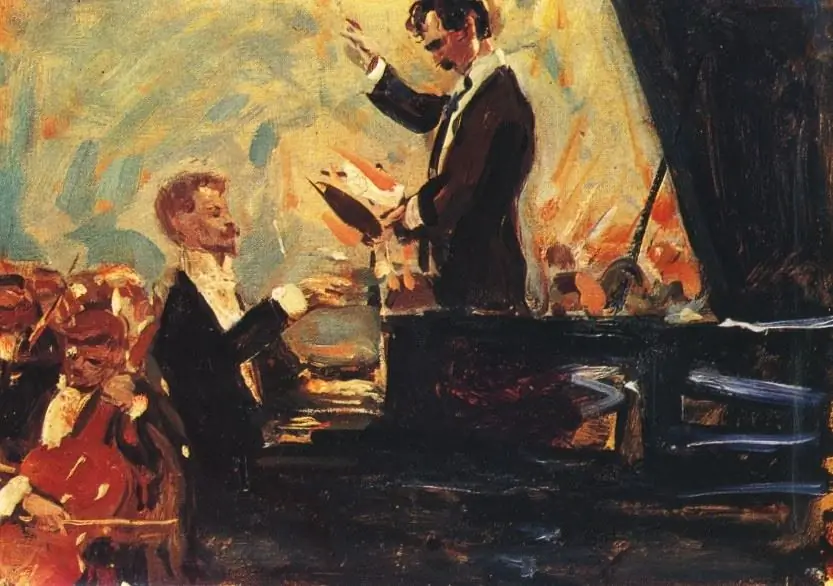
As such, the studied lexeme means:
- Related to classicism, which in this case refers to an education system based on the study of the classical languages of antiquity, which include Greek and Latin. For example, we can talk about a classical gymnasium or a classical education.
- The one that is universally recognized, created classic. For example, the classic workin mathematics, classical music.
- Characteristic of something, typical. For example, a classic example of laxity.
However, this is not all interpretations. Other meanings of the word "classic" will be considered further.
Special term
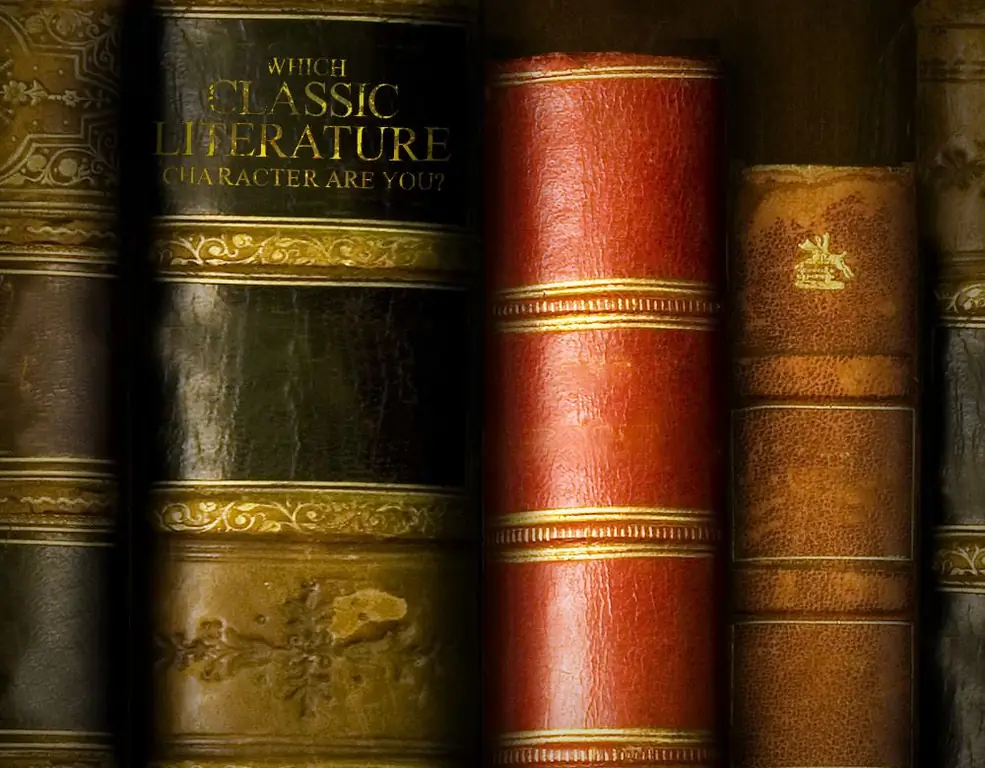
In this case, we mean the following lexical meanings of the word "classic":
- In history and art - the one that belongs to classicism, which here means the following: firstly, this is a direction in literature where the rules of ancient poetics are observed; secondly, this is the direction of the fine arts, where antique motifs predominate.
- In history, anything relating to both ancient Greek and Roman history or culture.
- Related to the study of ancient languages and literature, such as classical languages.
There are other interpretations. What does the word "classic" mean when it is used at the everyday level? This will be discussed below.
Colloquial
In this case, the lexical meaning of the word "classic" will be somewhat different. It will denote the following:
- Ordinary, familiar, traditional. For example, the classic geranium on the windowsill.
- Figuratively, this is very good, wonderful.
Next, the origin of the studied word will be considered. This will contribute to a better understanding of its lexical meaning.
Etymology
The adjective "classic" has its roots in Latin. There is the word classicus. Previously, they were called citizens who in ancient Rome belonged to the first class. According to the reform of Servius Tullius, these were rich Romans, mostly patricians: horsemen, centuriates. Their property was estimated at no less than 100 thousand copper aces.
Classicus is derived from the noun classis. Its meaning is "rank", "class", which again had to do with the Roman population. This noun, in turn, comes from the Latin verb calare, which translates as "to convene." It is directly related to the Proto-Indo-European form kele meaning "call", "shout".
Sample sentences
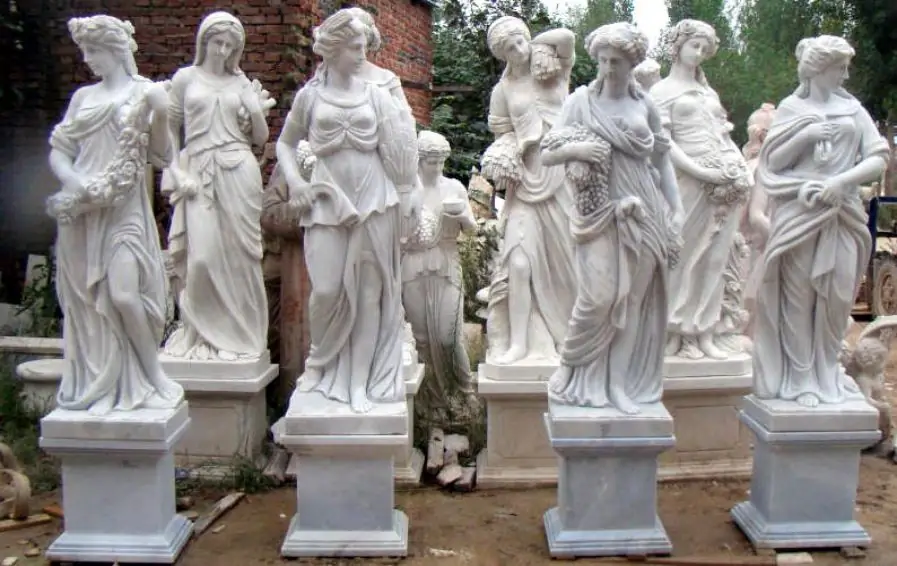
Among them are the following:
- According to critics, this sculpture shows a bizarre, strange decoration that is in conflict with the Hellenic concept of the body, with strictly verified, classical forms of ancient Greek figures.
- Bribing a tax inspector to so-called optimization of tax liabilities is a classic example of administrative corruption.
- Both ancient and German classical philosophy are recognized as the most fruitful periods in the history of philosophical thought.
- The interior of his house stood out for its simplicity and beauty, characteristic of the classical style.
- When some classical pieces are often used as musicalaccompaniment at various ceremonies, this gradually begins to turn them into ritual clichés.
Synonyms
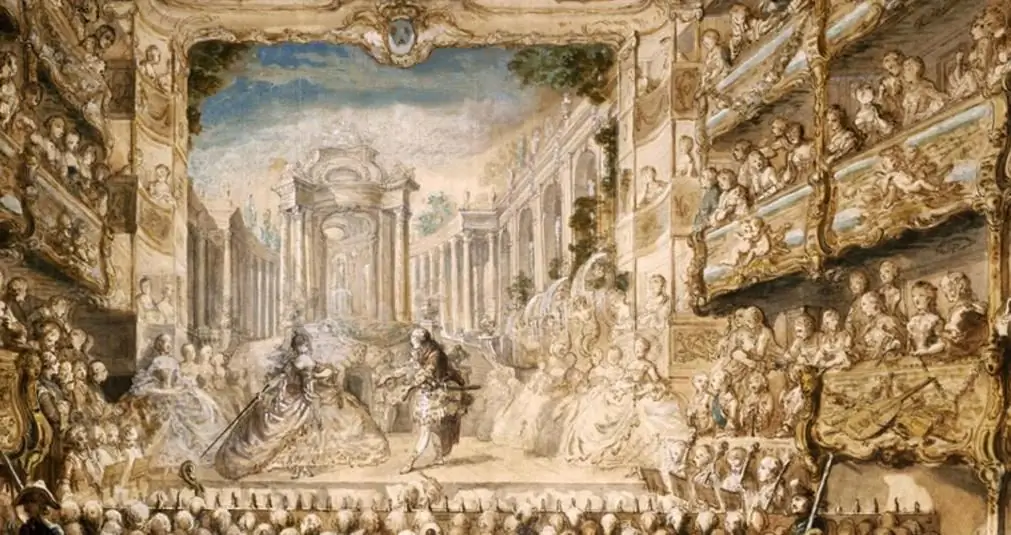
The word "classic" can be found synonyms such as:
- textbook;
- antique;
- traditional;
- characteristic;
- usual;
- ordinary;
- typical;
- excellent;
- wonderful;
- good;
- strict;
- correct;
- best;
- ancient;
- antique;
- exemplary;
- delightful;
- amazing;
- gorgeous;
- shiny;
- wonderful;
- feast for the eyes;
- divine;
- great;
- beautiful;
- amazing;
- flawless;
- indescribable;
- real;
- no words;
- Latin;
- demonstrative;
- excellent;
- Ancient Greek;
- classic;
- canonical;
- Attic.
Next, one of the aspects of the use of the studied lexeme will be considered in more detail.
Regarding University
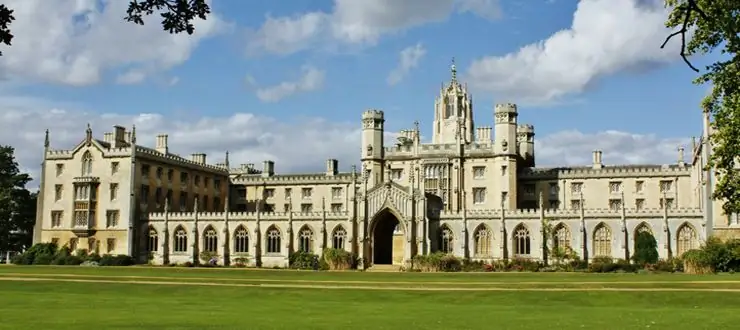
In world literature, the epithet "classic" is currently used in relation to universities when talking about:
- Medieval school.
- The one where they teach in accordance with the Liberal Arts program. It provides ample opportunities for personal development, teachescritical thinking. It is not a narrow specialization that is acquired, but extensive knowledge, including interdisciplinary ones. Much attention is paid to humanitarian and social aspects.
- University, where the basis is a liberal education, given on the basis of the study of ancient classics.
- Humboldt Research. Its concept provides for a close connection between teaching and research.
The term "classical university" has become especially widespread in post-Soviet Russia, in other former Soviet republics, and in Eastern Europe. It acts as a marker of a specific zone of the educational space. For example, in Russia, such, along with others, is the university in Cheboksary (Chuvashia), named after I. N. Ulyanov. In order to highlight their position, in 2001 they merged into the Association of Classical Universities, which includes forty-seven universities.
Thus, if we talk about the narrow lexical meaning of the word, then in Russia a classic university is one that is among the participants in this association.






